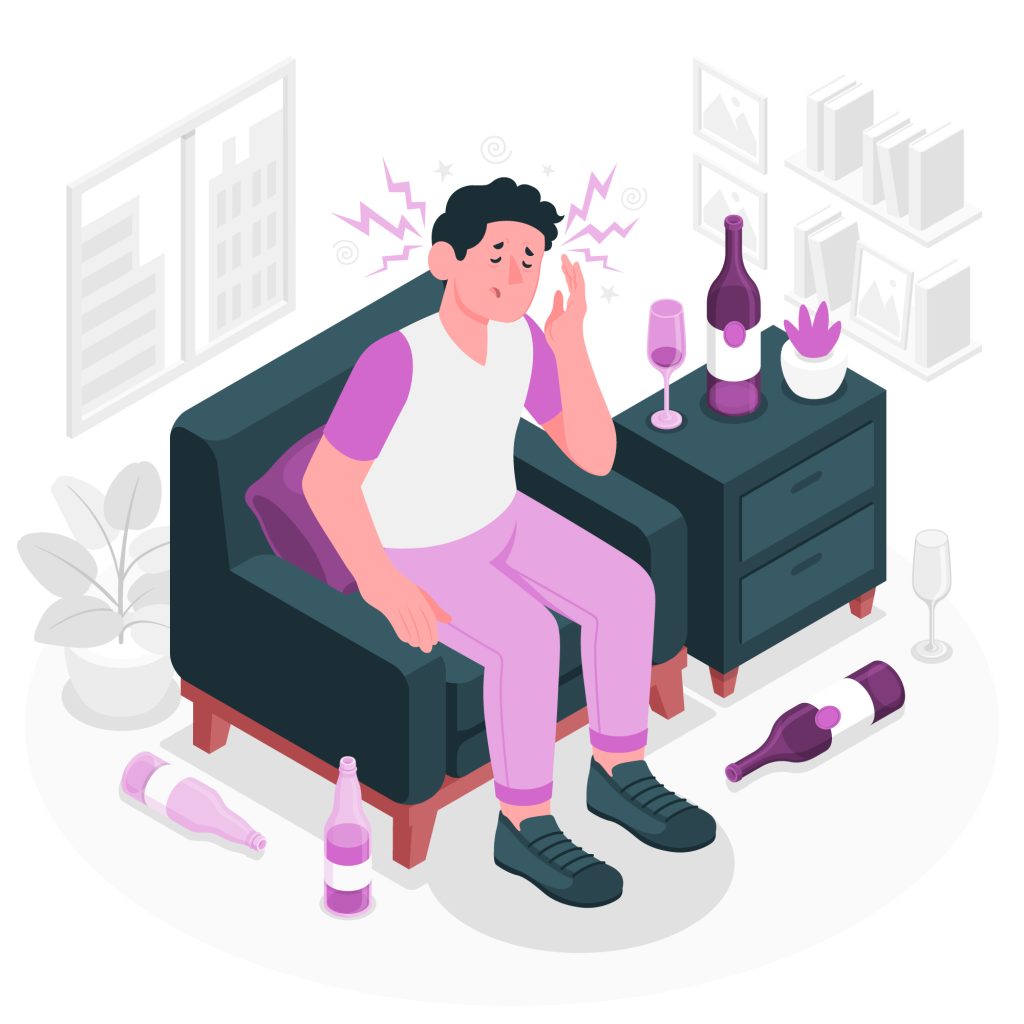
“It’s not about what’s wrong with you, it’s about what happened to you.”
When you’re battling addiction, it’s easy to overlook how your past experiences play a role. Maybe others, even yourself, don’t fully grasp why you’re struggling. But here’s the truth: understanding the trauma behind your addiction can be the key that unlocks your path to recovery.
Healing from the patterns developed from the past isn’t about blaming or dwelling on the pain. It’s about giving yourself a chance to rewrite your story. You deserve a narrative free from shame, filled with triumph, freedom, and most importantly, self-acceptance.
What Is Addiction?

Addiction goes far beyond a simple habit. It is a feeling of a powerful urge to engage in something, even if it harms your health or relationships. You know it’s not good for you, yet the pull is relentless, the craving a constant tug-of-war within.
Addiction often doesn’t exist in a vacuum. While sometimes it may seem like a personal failing, the roots of this struggle can often be traced back to past experiences. All forms of trauma can leave lasting scars that manifest in unhealthy coping mechanisms, seeking solace in substances or behaviors that numb the pain.
But there is hope. With the right support, understanding, and resources, you can recover from addiction. Recovery isn’t easy, but learning the trauma behind the addiction can help you view yourself from a space of self-compassion, instead of shame and guilt.
Exploring The Link Between Trauma & Addiction
The shadow of trauma can be relentless, constantly reminding you of the pain you’ve endured. Addiction, in its twisted way, can become a shield, a desperate attempt to never look back, to escape the echoes of your past.
Whether you witnessed or experienced trauma, it leaves a mark on your mind and body. It’s like your brain gets stuck in a state of alarm, constantly scanning for danger. This triggers anxiety, hypervigilance, and even flashbacks, making it difficult to move forward and build a new life.
And the burden doesn’t stop there. Trauma often carries a heavy weight of shame, making you feel responsible for what happened. This is simply not true. You were not to blame.
When your mind feels like a warzone, filled with painful memories, shame, and overwhelming emotions, addiction can seem like the only way out. Some substances offer a temporary hope to escape the inner chaos. Others might make you feel something, anything, to drown out the numbness or painful silence within.
You might tell yourself you’re using it to cope, to feel better, to avoid remembering. But the truth is, addiction only deepens the pain it seeks to mask. It isolates you, erodes your self-worth, and keeps you trapped in the past.
However, you must remember that recovery is possible, from both addiction and trauma. There are countless individuals who have walked this path before. And you can certainly break this cycle of addiction with the right support and resources.

Are your addictions holding you back?
Counseling can be a great tool for you to manage and overcome your addictions and lead a happy, fulfilling life.
We are here for you.
How Trauma Keeps You Stuck In The Cycle of Addiction
Emotional Dysregulation: Trauma can disrupt your ability to manage difficult emotions, leading to reliance on substances as a numbing mechanism. This creates a cycle where addiction masks the underlying pain, preventing healthy coping skills from developing.
Triggers and Painful Memories: Traumatic experiences can leave behind emotional triggers that activate cravings and relapse. Substances offer a temporary escape from these triggers but ultimately reinforce the addictive cycle.
Shame and Guilt: Trauma often carries shame, leading individuals to blame themselves for their experiences and addiction. This negativity fuels isolation and hinders the self-compassion needed to break free.
Disrupted Brain Chemistry: Trauma can alter brain chemistry, making individuals more susceptible to addiction by increasing the reward response to substances and decreasing the ability to resist cravings.
Avoidance and Unhealthy Coping Mechanisms: Using substances to avoid painful memories and emotions creates a barrier to healing. This avoidance hinders the development of healthy coping mechanisms and perpetuates the cycle of addiction.
A Trauma-Informed Path To Dealing With Addiction
Since addiction often exists as a symptom of trauma, recovering from addiction using a trauma-informed lens can be very potent. Such an approach acknowledges how trauma makes it difficult to regulate emotions, find healthy coping mechanisms, and how it alters your brain chemistry. Here are a few features of a trauma-informed approach to recovering from addiction.
Understanding your story: Through therapy and support groups, you can begin to explore how past experiences have shaped your present reality. This builds self-awareness and empowers you to make informed choices about healing.
Healing the trauma: Trauma-specific therapies like EMDR, somatic therapy, and cognitive behavioral therapy can help you process and desensitize painful memories, reducing their impact on your present life.
Building emotional regulation skills: Learning healthy coping mechanisms like mindfulness, relaxation techniques, and communication skills creates the capacity for staying with difficult emotions without resorting to substances.
Building a supportive community: Surrounding yourself with individuals who have walked similar paths provides invaluable support, encouragement, and a sense of belonging.
Self-care Habits: Prioritizing healthy habits like exercise, healthy eating, and sleep nourishes your body and mind while fostering a sense of self-worth and personal agency. These habits can help decrease addiction
Healing from trauma and addiction isn’t a linear journey. You will be met with many twists and turns along the way. While trauma makes addiction complicated, it doesn’t mean that recovery is impossible. You can overcome addiction, and by understanding your past, you’re taking the first powerful step toward a brighter future.
About the Author
This article was written by Parvathi Ganesan, Counselor at Inner Space. This post was consulted & approved by professional therapists practicing online therapy and counseling.
Ask a Therapist
If you are interested to know more about loneliness and other mental health topics, ‘Ask A Therapist’ is a platform for you to ask your questions related to Mental Health, Mindfulness & Emotional Well-Being to our team of qualified Therapists.





